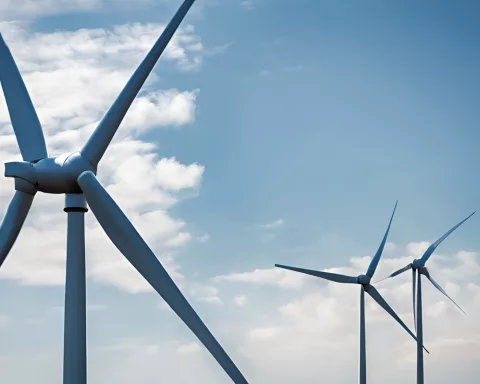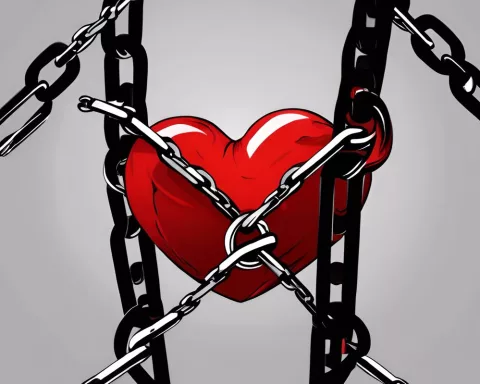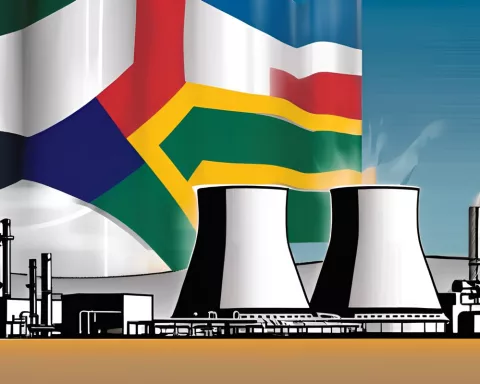South African President, Cyril Ramaphosa, has recently addressed a number of critical issues affecting the country. These include energy generation, corruption within state-owned power company Eskom, South Africa’s Just Energy Transition Investment Plan, and the integrity of the financial system.
Energy Generation and Transition
Ramaphosa reiterated that the Minister of Electricity is responsible for managing the electricity crisis in the country and implementing the Energy Action Plan. He also spoke about the Just Energy Transition Investment Plan, which outlines the investment required to meet South Africa’s international carbon emissions reduction commitments. To support this transition, the International Partners Group is pledging around $8.5 billion in financing.
Corruption within Eskom
Ramaphosa confirmed that no evidence has been presented implicating members of the Cabinet or other senior government officials in corruption within Eskom. He encouraged anyone with such information to provide it to the relevant authorities for investigation. The President noted that significant progress has been made in addressing crime and corruption within Eskom, with the company pursuing claims against suppliers and former directors.
Preserving the Integrity of the Financial System
In response to the “Gold Mafia” documentary that alleges illicit financial activities, Ramaphosa assured the Assembly that the government is committed to preserving the integrity of the financial system. The Directorate for Priority Crime Investigation has registered an inquiry to investigate the syndicates and individuals implicated in the documentary. The South African government is also working with the Financial Action Task Force to implement an action plan to strengthen efforts against money laundering and terrorist financing.
Improving the Criminal Justice System
To improve the efficiency, responsiveness, and professionalism of the criminal justice sector, Ramaphosa announced a significant increase in resource allocation towards prosecutors and police in the February Budget Speech. This budget will assist in the recruitment of more than 10,000 new police officers and additional prosecutors to handle complex corruption cases. The Integrated Crime and Violence Prevention Strategy, adopted last year, addresses the social and economic contributors to crime through a collaborative, integrated, and holistic approach.
Overall, Ramaphosa’s announcements demonstrate the government’s commitment to tackling corruption and improving key sectors within South Africa.












